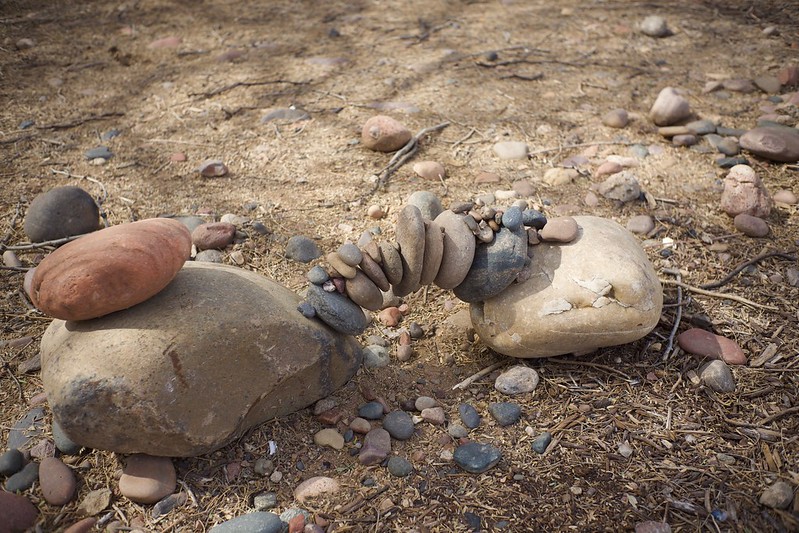The Risk of Gaia
Excerpts from "On the Risk of Gaia for an Ecology of Practices" by Adam Nocek
Paying due attention to what matters in a situation means accepting that there are radically different ways of having a situation matter, and these differences cannot be explained away, or accounted for in advance. In other words, the common sense of a situation indexes the divergent ways a situation comes to make sense to others.
[…]
Thinking par le milieu concerns resisting the temptation to know in advance how a technique or practice will come to matter, how it will take hold, and how it will move us to think, act, and feel.
[…]
We are obliged to respond to the fact that life on Earth is threatened without there ever being an adequate response to this threat. But what we must also come to appreciate is that with every response, with every struggle, with every apparatus for learning and sharing assembled, the conditions for future struggle change; they undergo transformation. In other words, the problematic field doesn’t go away, but it generates new conditions for learning and responding.

Learning from problems, instead of knowing solutions, requires a transformation on our behalf.
[…]
We cannot approach a situation composed of various tensions and strains already knowing how to resolve them, already expecting a result and how to go about achieving it. Rather, learning concerns the art of crafting responses that are always local, always situated, and always risky. Each adjustment, each pull, changes the nature of the composition of the problem, which is why attention and care are so essential to learning from problems. With one wrong adjustment, the field of potential action changes and the milieu can become “poisoned”. One must always be attentive to dosages. Each response to a problem intervenes in the modes of thought and action that are possible in the future.
[…]
Learning is not about solving the problem, but about changing our conditions for engaging it.
[…]
The proposition of Gaia lures us into feeling that there is no transcendental capacity to judge how best to solve the problem of the Earth’s intrusion; there is no secure perspective from which we can evaluate this threat and eliminate it. Gaia makes it impossible for judgment to work confidently—that faculty which is so quick to apply the ready-made tools neoliberalism has made available to it. There are no prepared answers, only local questions and provisional answers that change the possibilities for future response.
[…]
Gaia is the one who lures us into confronting the fact that there are radically different ways of having a situation come to matter, and none of them can be subsumed under a common measure or a set of “shared values.”
[…]
Gaia is a proposition that reorients our thinking about the Earth: it is a problem we must learn from and not solve; anything short of this destines us for barbarism.

Dust and Shadow Reader Vol. 2. Previous: aesthetic naturalism. Next: admiration and care
